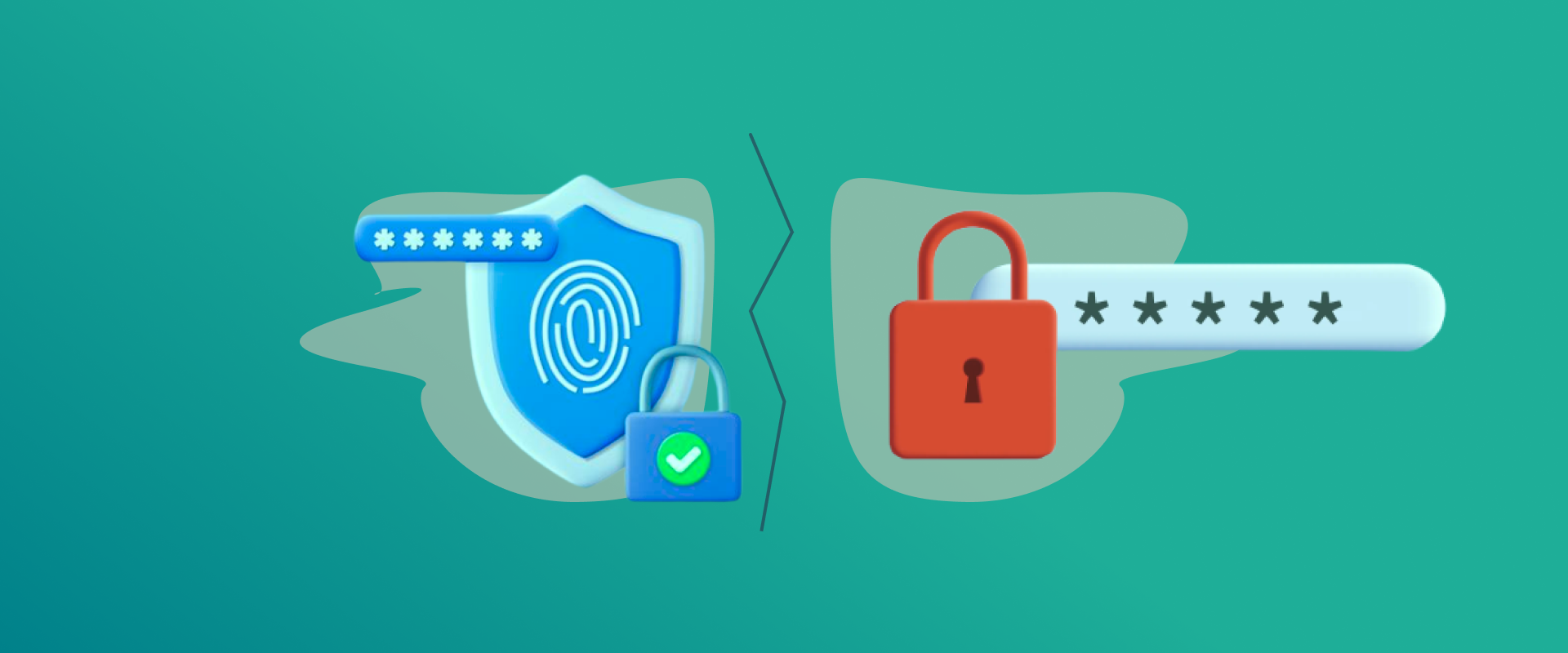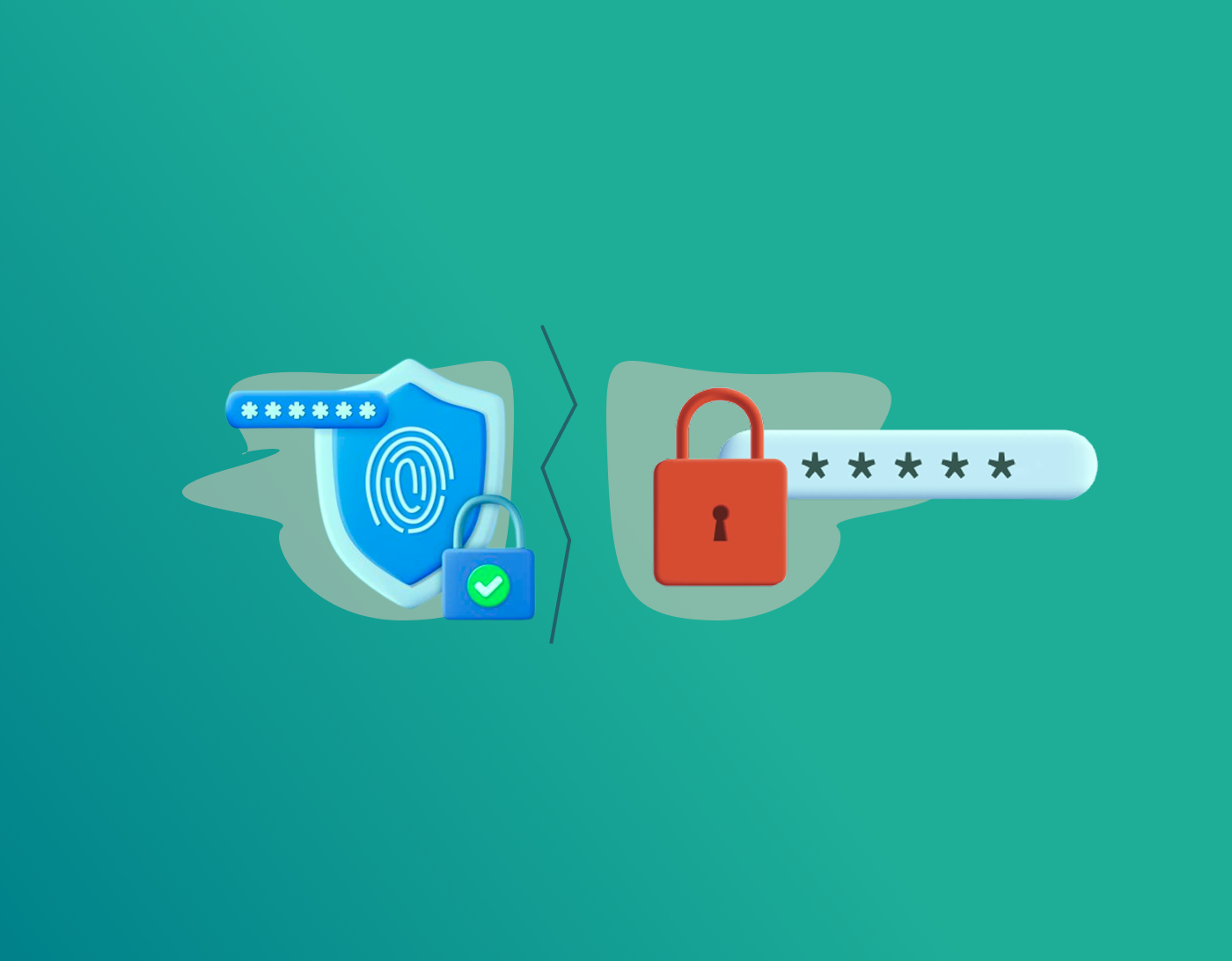
On average, a person visits more than a hundred web pages on the internet in one day. Most of these websites only work once you log in to them or create an account. The average number of website accounts a person creates is in excess of 200.
With this information in mind, you must also have created tons of accounts for yourself just to access the contents of a website. Once an account is created, you are automatically prompted to the message “Would you like to save your password on the browser?” To your ease of use, many of you would click on the confirmation and let the browsers save your passwords.
In this blog, we will compare what’s better: storing your passwords in a dedicated password manager or in a browser password manager.
Why do people store passwords online?
If you are someone with a short-term memory, or you have trouble remembering difficult passwords for each website you visit, what many people would do is you would have the same password for all the websites that you visit, with a bit of tweaking, for example, your birth dates, birthplace, date of a special day in your life, etc.,
This process of saving the same passwords of yours for different websites, apps, and devices could end up in a credential-stuffing attack online.
Saving passwords in your Browser
A browser password manager makes its importance known in this instance. Once you have logged in on a website or a portal of your internet provider, the very next screen prompts you to the message “automatically save your password in the browser,” awaiting your approval/dismissal.
A browser password manager is somewhat safe for individuals, but it isn’t worth investing in for businesses, even though it’s free of cost. This is where a secure password manager jumps in. An app dedicated to the task of securing your passwords only.
Do Browsers Generate Passwords?
Popular browsers like Chrome, Edge, etc., not only suggest strong passwords that are a mix of letters, symbols, and special characters, but they also save them to the Password Manager provided by the browsers themselves.
Saving passwords on shared computers
If you are someone who accesses the internet mostly in computer cafes and shared workshops, you must never save your password to a browser. This could result in a data breach of your information as tons of people use the same computers.
Why use dedicated password managers?
You can’t just rely on a web browser to store your passwords, especially for those accounts where you receive or send payments, store your credit/debit card information, and your banking details.
Similarly, documents and items like your social security number, e-passports, visas, and confidential documented information that includes images of a big purchase can only be trusted with a dedicated password manager to be stored with.
Protecting your password managers
Most of us have numerous accounts online, so much so that we have lost count of them. If you have lost count of how many accounts, websites, payment gateways, etc., you have an account of, remembering their passwords would be out of the picture.
When you are using a password manager to secure the collection of your passwords, you must always opt for a 2FA (2-factor authentication). This will safeguard your passwords in the dedicated application with a master password, further protected by a trick question or a nostalgic memory only you can guess and answer.
However, you have to be extra careful with your master password since you can’t afford to forget it. In this case, you can write it on a piece of paper and store it in a confined place, with only your access to it.
Password Managers and Browser Password Managers: Comparing the TWO
Comparing both a dedicated password manager and a browser password manager, it’s easy to figure out that one’s whole task is to protect your passwords, while one is just an easier way to save your passwords once you sign up for a website, not a lot safer than a dedicated password manager.
A dedicated password manager offers better security and features that are tailored to provide the user with industry-leading protocols for saving all your passwords securely. Even if you share them with someone, you are provided a vault to share specific passwords with specific people.
The level of security a password manager offers is far better than a browser password manager can offer, especially in the event of a data breach or your passwords are at risk of being compromised due to multiple devices synced together.
The End
Managing online accounts and their confidential information like emails and passwords is easy if you only have a few of them. But the more accounts one person uses, the harder it becomes to keep track of all the passwords you use.
The easiest way people store their passwords online after signing up to a particular website is within the browser password manager. However, you can’t trust your passwords to be secure there, especially if you have multiple devices synced and multiple people use them.
A dedicated password manager makes storing and saving your passwords more secure with robust features that it is supposed to provide to the users. FastestPass makes it easier for you to store hundreds of your passwords for you, and you just have to remember a Master Password to access all of them safely!
Secure and Create Stronger Passwords Now!
Generate passkeys, store them in vaults, and safeguard sensitive data!
Subscribe to Our Newsletter
Receive the latest updates, trending posts, new package deals,and more from FastestPass via our email newsletter.
By subscribing to FastestPass, you agree to receive the latest cybersecurity news, tips, product updates, and admin resources. You also agree to FastestPass' Privacy Policy.







